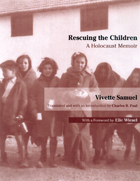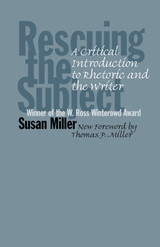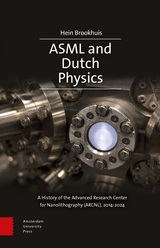
While the West is increasingly preoccupied with its internal problems, threats to global peace have fundamentally changed: wars among nation-states and their alliances, once the dominant scourge of humankind, have almost disappeared and are replaced by a triple threat from intra-state armed conflicts, the failing of nation-states and the rise of belligerent non-state actors. The global peace we felt within our reach in 1991, is escaping us.
On Building Peace seeks the answers that the UN Charter can no longer provide. Once meant as a guarantor for peace, the Charter was never designed to deal with intra-state conflicts and today its core principles are eroded. The book makes two rather simple, but possibly unpopular suggestions for preserving future peace: first, we must rescue the nation-state, not despite but because of globalization, and second, we must not further undermine the United Nations, but expand its Charter for dealing collectively with this triple threat.
The struggle for survival in a world of limited resources and environmental degradation will deepen intra-state conflicts. We must prevent slipping back into a new round of Cold War-type confrontations and focus on finding collective solutions for building peace. For the sake of billions of people of future generations, we cannot get this wrong.



When it was first published in 1989, Susan Miller’s Rescuing the Subject: A Critical Introduction to Rhetoric and the Writer established a landmark pedagogical approach to composition based on the importance of the writer and the act of writing in the history of rhetoric. Widely used as an introduction to rhetoric and composition theory for graduate students, the volume was the first winner of the W. Ross Winterowd Award from JAC and is still one of the most frequently cited books in the field.
This first paperback edition includes a new introductory chapter in which Miller addresses changes in the field since the first edition, outlines new research, and surveys positions she no longer supports. A new foreword by Thomas P. Miller assesses the proven impact of Rescuing the Subject on the field of rhetoric and composition.
Situating modern composition theory in the historical context of rhetoric, Miller notes that throughout the eighteenth century, rhetoric referred to oral, not written, discourse. By contrast, her history of rhetoric contends oral and written discourse were related from the beginning. Taking a thematic rather than chronological approach, she shows how actual acts of writing comment on both rhetoric and composition.
Miller also asserts that contemporary composition study is the necessary cultural outcome of changing conditions for producing discourse, describing the history of rhetoric as the gradual and unstable relocation of discourse in conventions that only written language can create. She maintains teachers and historians of rhetoric must recognize that the contemporary writing they analyze and teach demands their attention to a “textual rhetoric” that allows theorizing the writer as always symbolically a student of situated meanings.
READERS
Browse our collection.
PUBLISHERS
See BiblioVault's publisher services.
STUDENT SERVICES
Files for college accessibility offices.
UChicago Accessibility Resources
home | accessibility | search | about | contact us
BiblioVault ® 2001 - 2025
The University of Chicago Press









